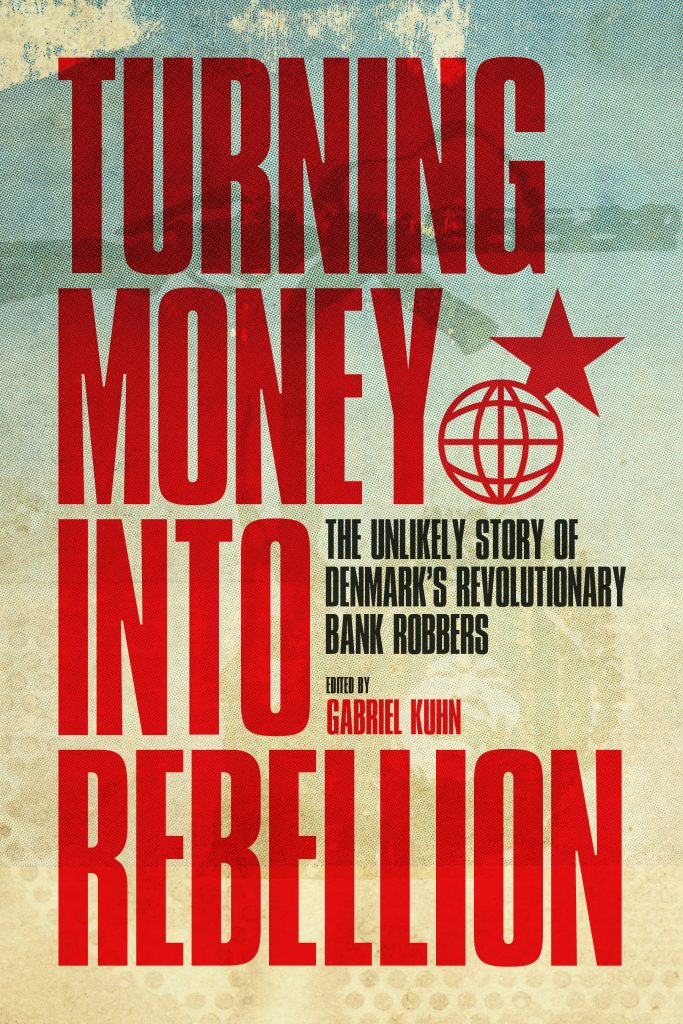Revolutionary Communist Party
September 5th, 2014
Turning Money Into Rebellion, a book edited by Gabriel Kuhn and published by Kersplebedeb and PM Press, is a gripping snap-shot into a unique period of anti-imperialist struggle in the 1960s-1980s. At some places it reads as a political thriller; it’s engaging from the first page to the last. Focused on the so-called “Blekingegade Group,” a small band of undercover revolutionaries in Denmark who committed a large number of robberies so as to funnel money to armed anti-imperialist movements in the third world, the book is significant in that it examines the ways in which committed revolutionaries in that period attempted to support what they believed to be the advent of world revolution.
The Blekingegade Group (a label applied to these people by the Danish state) was a small and secretive band of activists within a larger political organization—first the Kommunistisk Arbejdskreds (KAK) and then the Manifest-Kommunistisk Arbejdsgruppe (M-KA)—who believed that, due to the lack of revolutionary consciousness amongst the Danish working-class, and thus the impossibility of building a revolutionary movement in Denmark, the only solution was to send as much material support as possible to the vanguard of world revolution, armed communist movements in the third world.
Prefiguring what is often called a “third wordlist” analysis of revolution, the KAK and then the M-KA argued that since Denmark was a “parasite state” it did not possess a proletariat. Rather than using this theoretical approach to justify a lack of practice (to just wait until the third world made revolution), they decided that the only solution for Danish revolutionaries was to do anything possible to support revolutions elsewhere. And so they began to secretly carry off a series of daring criminal activities, none of which were understood to be politically motivated until after the conspirators were caught, and send all of this money to their contacts in the third world.
Whether or not one agrees with the KAK/M-KA’s analysis of Denmark (or the entire first world, for that matter) does not undermine the importance of Turning Money Into Rebellion. Aside from telling one of the many stories of past revolutionaries’ attempts to be internationalists in deed as well as name—stories that are most often distorted by official ruling class propaganda—it also demonstrates that it is possible for people to break with bourgeois legality and undermine the day-to-day practices of the state and survive for decades in doing so. The capitalist state likes to present itself as all powerful and yet the Blekingegade Group carried out its activities for twenty years, caught only because of a robbery where they made several security mistakes.
These experiences are worth studying because they can tell us something about tactics, security procedures, discipline and commitment; they may help contribute to an overall understanding of strategy in the contemporary context.







